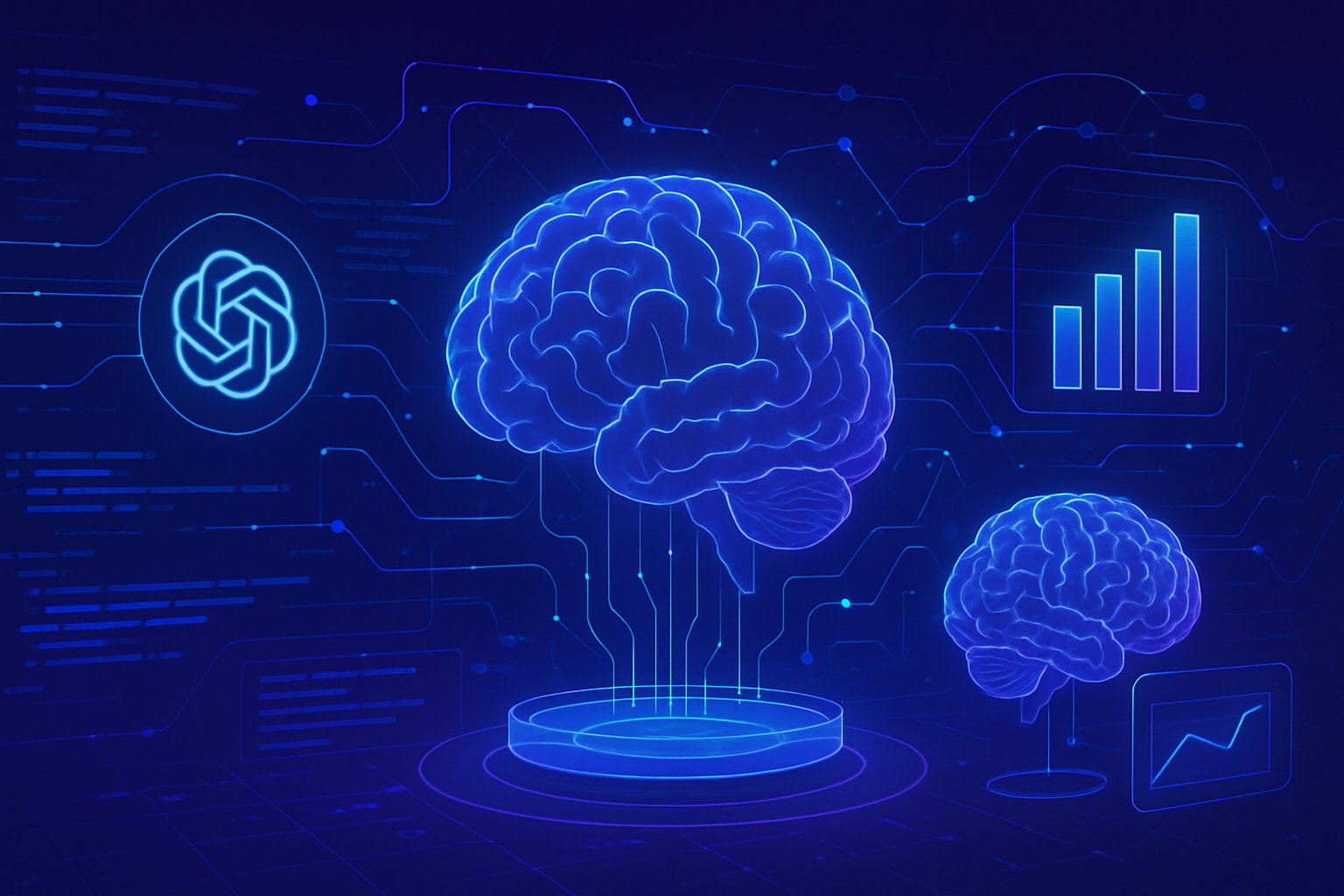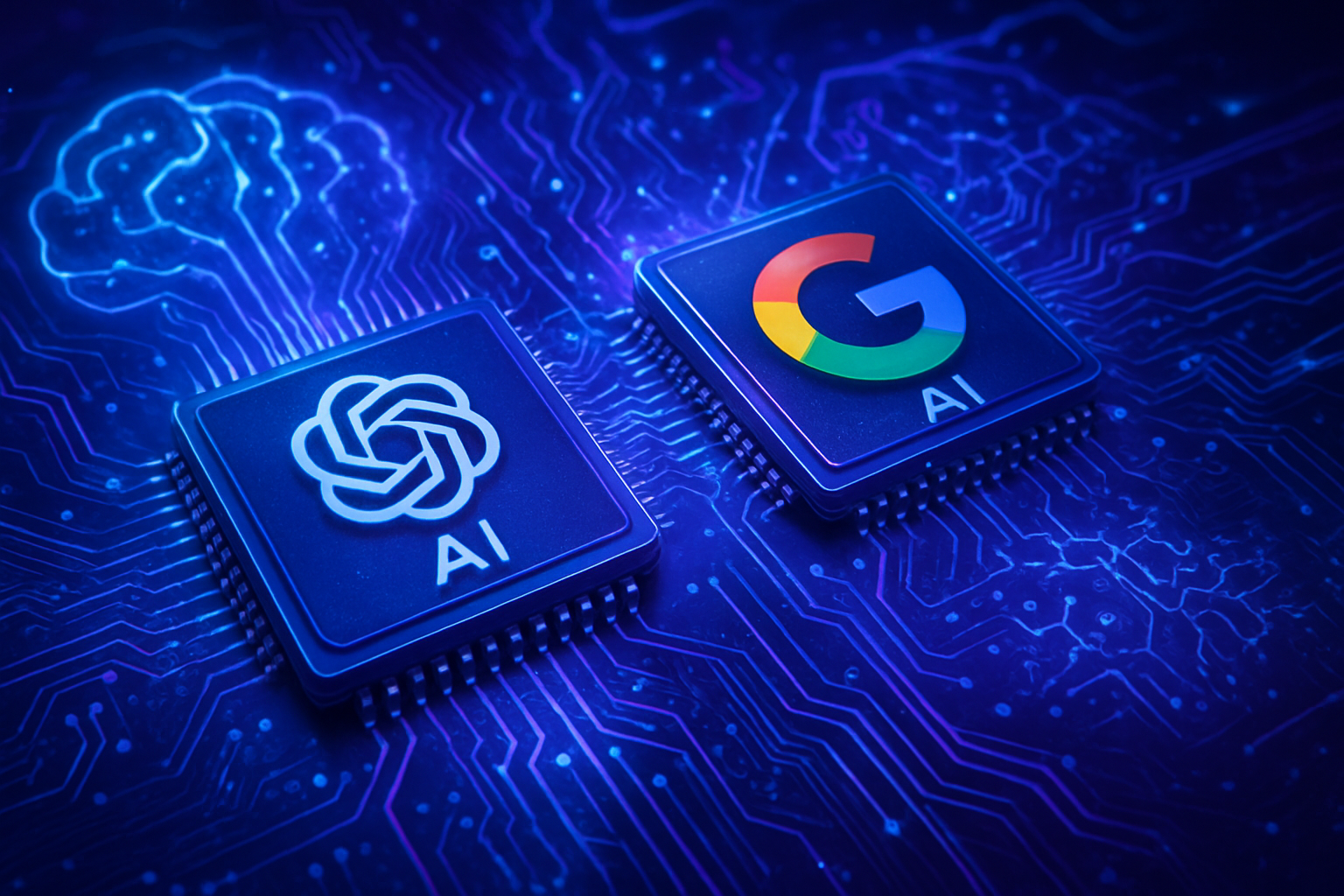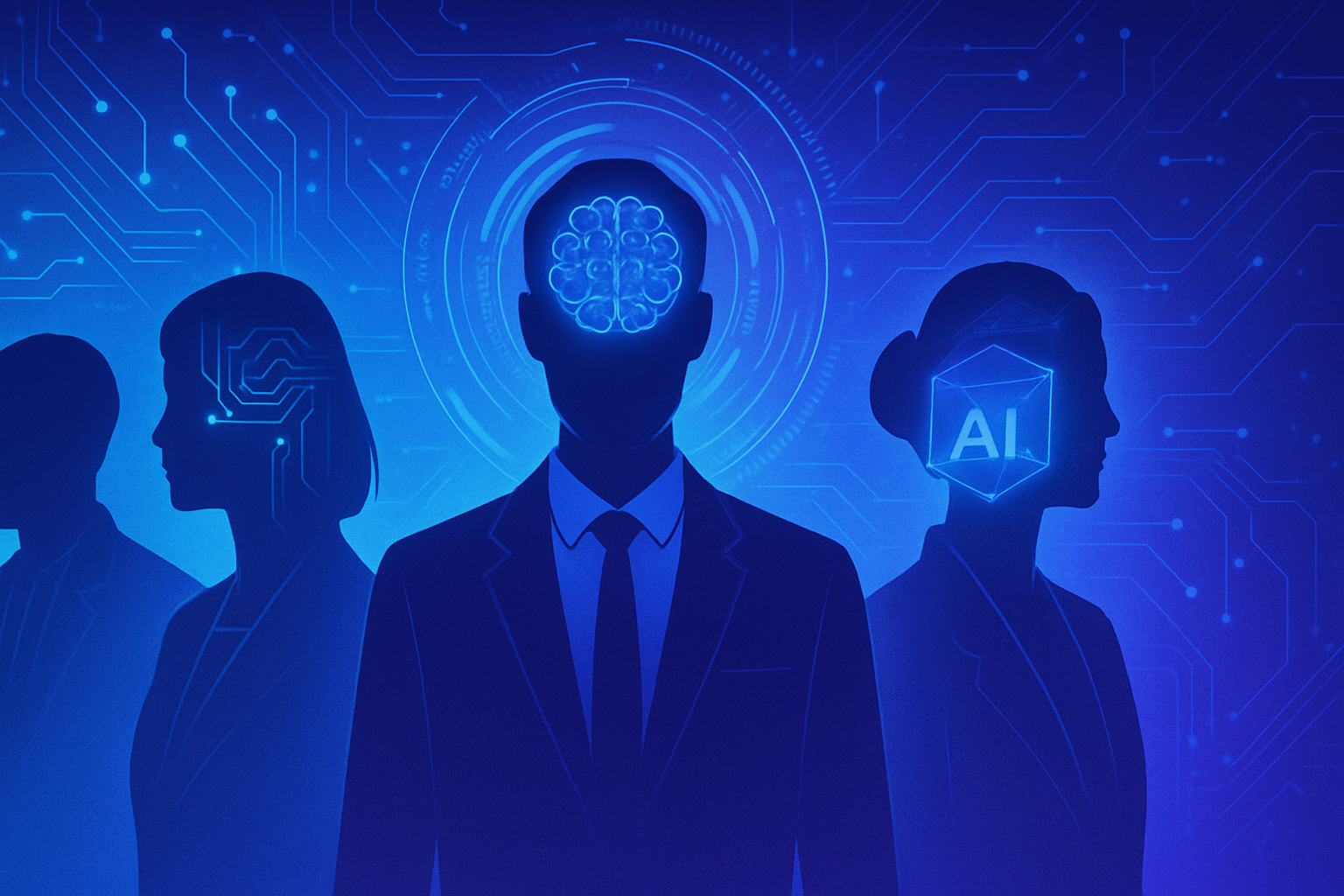OpenAI revolutionizes the capabilities of its API, bringing a significant advancement with the Deep Research feature of ChatGPT. This innovation allows for the processing of complex research at an unmatched speed, synthesizing information from hundreds of sources. Professionals can now optimize their valuable time by accessing in-depth analyses, thereby enhancing their decision-making. A refined automation improves the reliability of the process, making the API indispensable across various sectors. These improvements and their implications mark a major milestone in artificial intelligence and in the way businesses approach research.
OpenAI introduces the Deep Research feature
OpenAI recently announced the integration of the Deep Research feature into its API, designed for complex research. This innovation, unveiled on June 26, 2025, enables access to a high-performing autonomous research agent across thousands of documents in record time.
Features of Deep Research
Deep Research stands out as one of the most significant advancements of ChatGPT. This feature, available in all paid versions of the conversational agent since February 2025, allows for in-depth research across various formats and on complex topics. The tool’s ability to browse, analyze, and synthesize hundreds of sources in just a few minutes offers considerable time savings, replacing human tasks that would typically take hours.
This new agent can also explore the content of a GitHub repository, adding an additional dimension to its application. Powered by the o3-deep-research and o4-mini-deep-research models, its capability extends to meticulous and diverse research.
How the API works
The API offers a transparent operation compared to the ChatGPT tool. When a query is made, the model autonomously deploys relevant sub-questions. The use of tools such as web search or code execution is an asset for generating a structured final response. Glory Jain and Kevin Alwell, two collaborators from OpenAI, clarify the process in a detailed user guide.
Practical applications of Deep Research
Companies such as BNY, Thomson Reuters, and Carlyle have already integrated in-depth research into their processes. This deployment fosters the synthesis of legal memos, the conduct of due diligence in venture capital, and the monitoring of macroeconomic or regulatory developments. Industry players are seeing notable improvements in reliability due to this technology.
New features added to the API
With the introduction of webhooks, OpenAI simplifies API management for developers. This feature allows for automatic notifications during specific events such as the completion of a response or fine-tuning. The importance of this update lies in the improved flow of information, particularly useful during labor-intensive tasks like in-depth research.
Moreover, OpenAI is revising its pricing strategy, allowing the o3, o3-pro, and o4-mini models to include web search for a cost of $10 per 1,000 calls. The prices for the GPT-4o and GPT-4.1 models rise to $25 for the same volume. This decision makes web search more accessible, enhancing the appeal of the API to developers and businesses.
Frequently asked questions
What is OpenAI’s Deep Research feature?
The Deep Research feature is an autonomous research agent integrated into the ChatGPT API, designed to conduct in-depth research quickly by browsing and analyzing thousands of online sources.
What are the main benefits of Deep Research for OpenAI API users?
Deep Research allows users to obtain comprehensive reports on complex topics in record time, thereby reducing the hours required for manual human research.
Who can benefit from using Deep Research in OpenAI’s API?
Businesses and professionals, such as lawyers, economic analysts, and researchers, can leverage Deep Research to synthesize information, conduct due diligence, and track sector developments.
How does access to Deep Research through OpenAI’s API work?
Deep Research is accessible through the API’s responses endpoint, allowing for direct and programmatic access, where the model manages sub-questions and utilizes various tools to produce a structured response.
What are the differences between using Deep Research in ChatGPT and via the API?
Unlike ChatGPT, where the research process is less transparent, the API offers direct access to the research process, with the ability to customize queries and obtain detailed results.
What is the cost associated with using Deep Research in the API?
OpenAI has revealed pricing options for the o3 and o4-mini models, which include Deep Research, allowing web searches at affordable rates.
How are companies already using Deep Research in their operations?
Companies such as BNY, Thomson Reuters, Carlyle, and Rogo use Deep Research for tasks such as synthesizing legal memos and analyzing economic and regulatory trends.
Can webhooks be used with Deep Research?
Yes, webhooks allow for automatic notifications for events related to Deep Research, thus improving the efficiency of lengthy processes in the use of the API.






